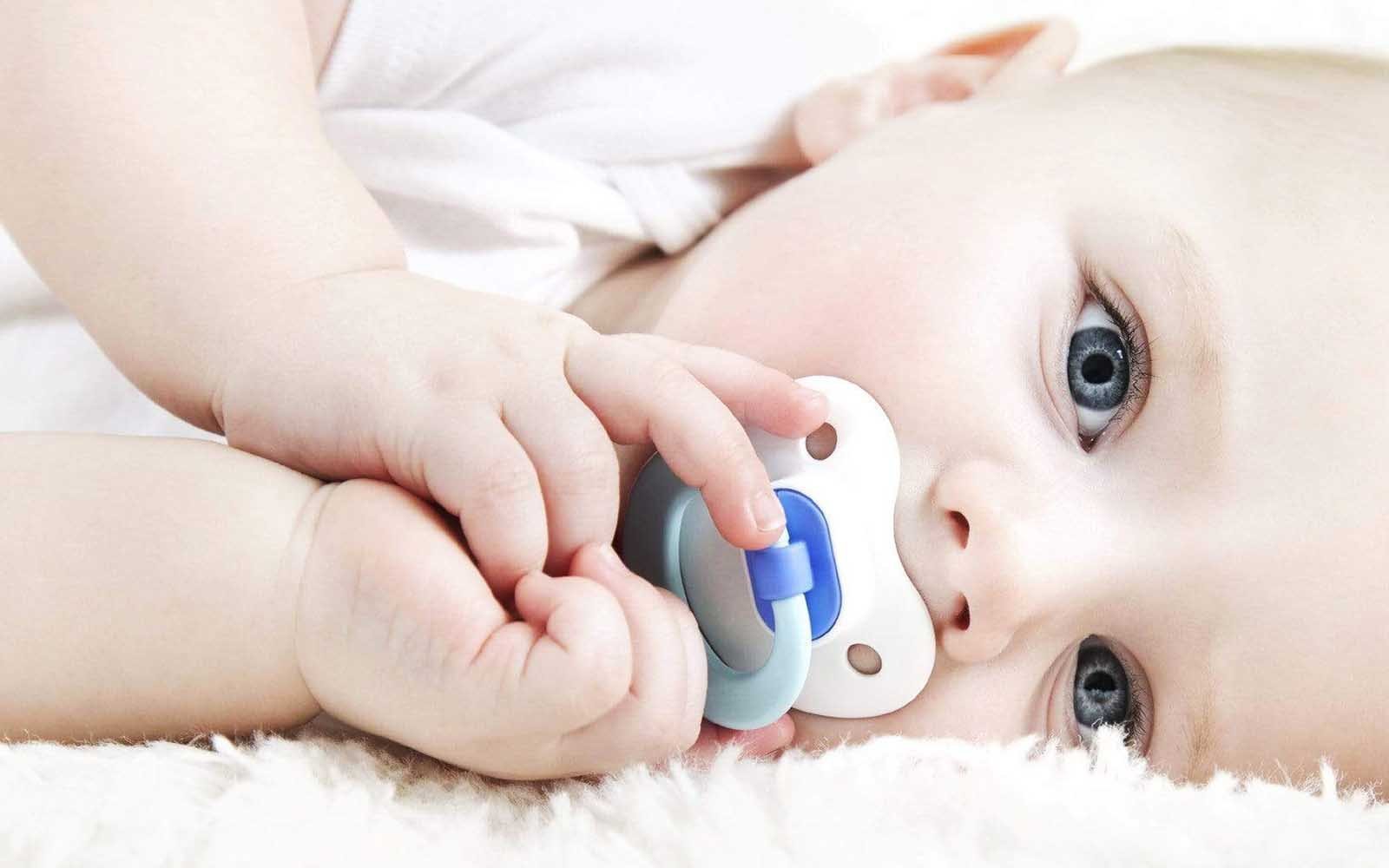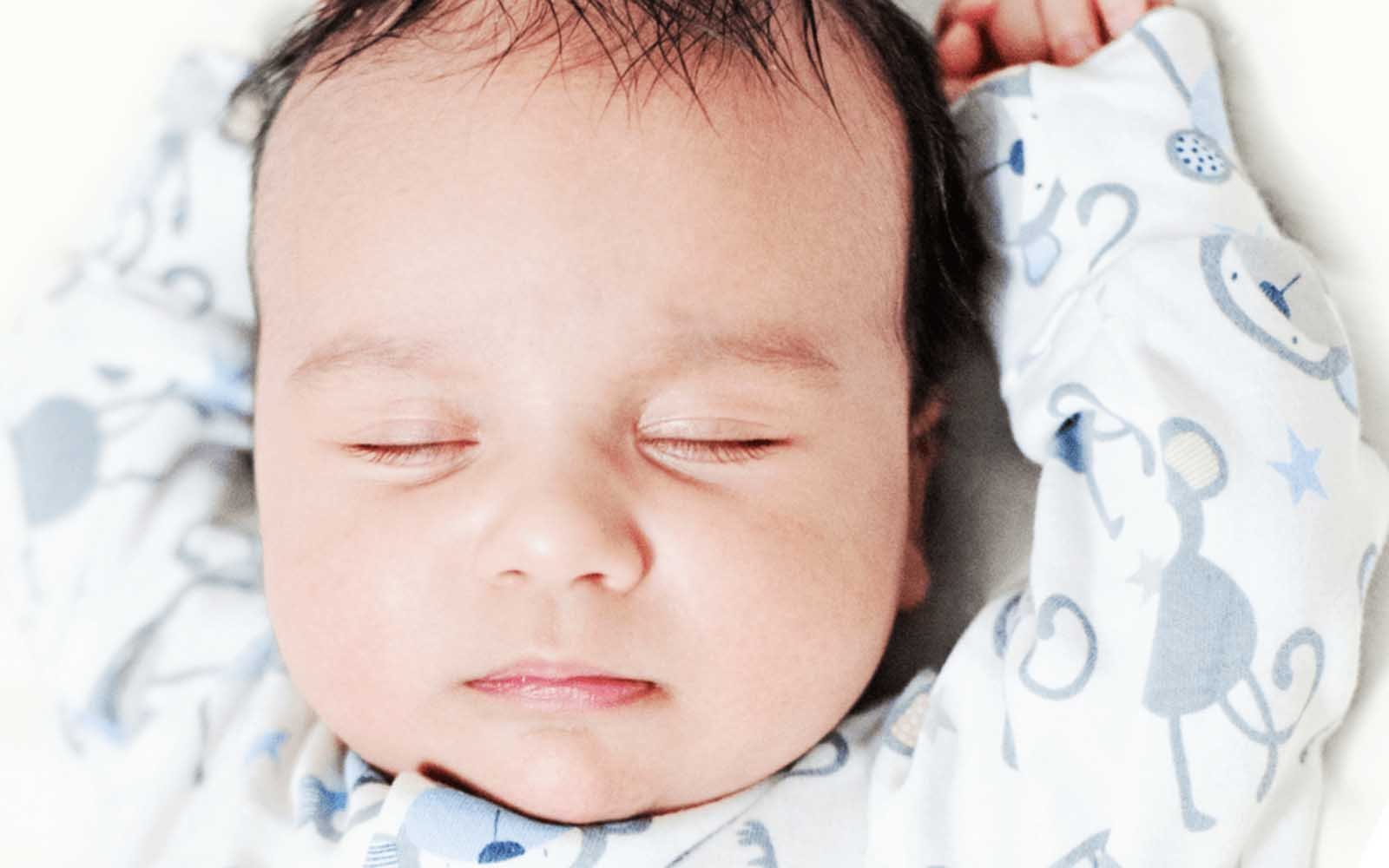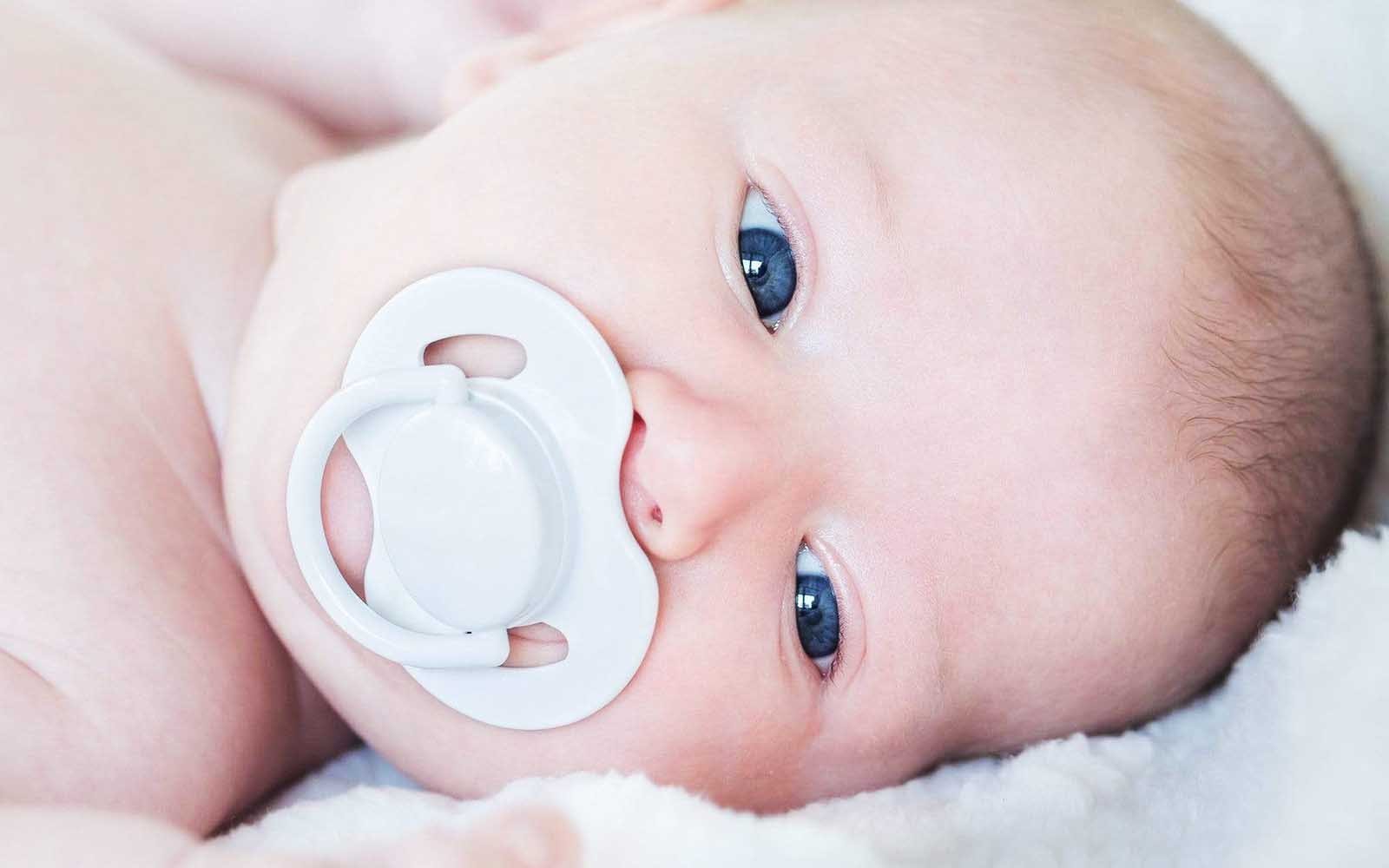
PACIFIERS! When/why they work and how to get rid of them...
Pacifiers (also called 'dummies'), like everything else baby-related it seems, are a great cause for controversy. The decision to use... Read more

Pacifiers (also called 'dummies'), like everything else baby-related it seems, are a great cause for controversy. The decision to use... Read more

Sleep associations, sleep props, sleep crutches, sleep habits... whatever you call them they're probably something you’d never really thought about... Read more

Between 3-6 months is probably the trickiest period of baby sleep. During these few months, your baby's sleep will become... Read more

Elsie's sleep story... Elsie was, in general, a very unsettled baby! She would sleep in the sunlit lounge during the... Read more

Sam's sleep story... Little Sam was an easy newborn. His mother Ashley followed his cues for sleeping and feeding and... Read more

The magic phrase “sleeping through the night” definitely casts a spell over us as parents, to the point where parents... Read more

Self-settling. This is a term most parents will be familiar with. It is a somewhat infamous term when it comes... Read more

You may have had an amazing sleeping newborn, but now that they are 4 months old, they've suddenly started waking... Read more

When I was pregnant with my first child, I was writing my wish list ready for my baby shower, when... Read more